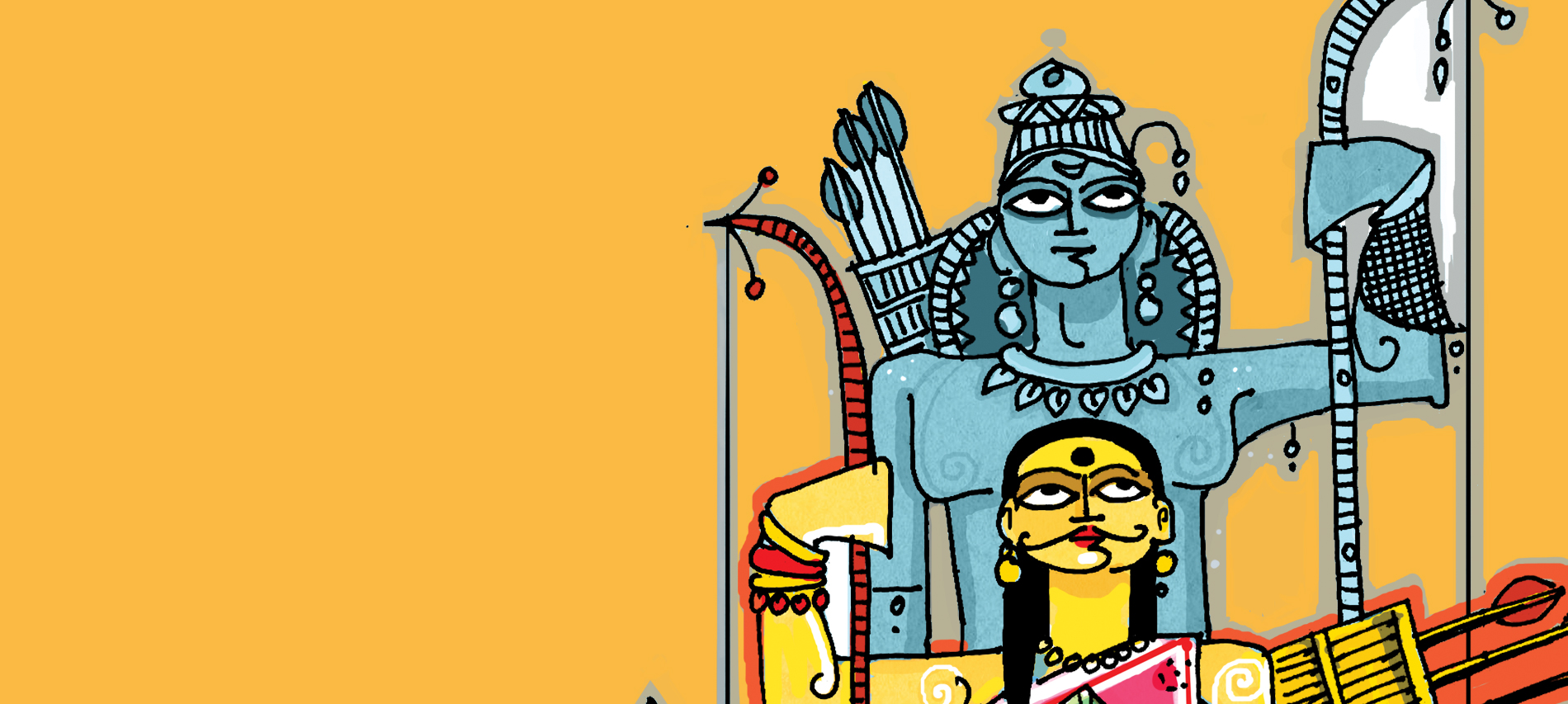While many use religion to justify why they are being unfair to a person’s gender and sexuality, Devdutt Pattanaik in his books The Pregnant King and Shikhandi And Other Queer Tales They Don’t Tell You shows how mythologies across the world appreciate what we deem as queer.
Here are 6 quotes on what it means to be a man, a woman, or a queer.
What it feels to be a woman

Repercussion of Patriarchy

The meaning of queer in different mythologies

Should the queer hide or be heard like the thunderous clap of the hijra?

The functions of the forms

Traces of feminism in Hindu mythology

Read Devdutt Pattanaik’s The Pregnant King and Shikhandi And Other Queer Tales They Don’t Tell You and make sense of queerness and the diversity in society.
Tag: sexuality
13 Reasons Why You Should Read ‘13 Reasons Why’
After the phenomenal success of the Netflix-original series ‘13 Reasons Why’, it’s more of a reason now that you read the best-selling book 13 Reasons Why by Jay Asher. One could state 50 reasons as to why it’s important to read 13 reasons Why, however, here are 13 reasons why you shouldn’t give this book a miss.
13 Reasons Why talks about the relevant issue of high-school bullying. It opens an important, yet often neglected conversation on this subject.

The book’s central theme of suicide and mental health are explored and dealt with sensitivity. It starts a dialogue about how to identify signs of suicidal tendencies in a person and the importance of reaching out to sufferers during such situations.

The book lays emphasis on being more empathetic towards someone feeling troubled. It speaks about how one’s actions might have desolate effects on someone else even if they seem harmless.

13 Reasons Why talks about sexual harassment of all sorts – it gives an insight into how sexual abuse is not only of the physical kind but can be perpetrated through words and other ostensibly benign actions.

It starts a dialogue about important subjects such as body shaming and objectification – actions that are known to have debilitating impacts on individuals.

The story states the absolute non-negotiable nature of sexual consent of any kind.

It talks about voyeurism – the implications of how intruding into someone’s private space gives rise to paranoia and anxiety that have the potential to snowball into something bigger in future.

The novel seeks to de-stigmatise mental health issues. Through its pages, it explores the idea of opening friendlier, safer and newer spaces to discuss such issues without the fear of being judged.

How silent spectatorship or ‘fence-sitting’ in a situation might lead to unpleasant consequences – characters in 13 Reasons Why establish in more ways than one as to how important it is to speak up when required.

13 Reasons Why sheds light on the struggle of sexual abuse survivors trying to confide in someone and coming out in the open about their trauma.

It alerts parents, guardians, teachers, counsellors and the entire social ecosystem of mental health issues and the role they play in an individual’s life.

The book, through its characters, speaks of the significance of seeking help in case one feels like they are stuck in a helpless situation.

And finally, the book opens the much-needed doors to the possibility that ending one’s life during such dark phases is not the ultimate solution.

Do you feel there are the more reasons to read 13 Reasons Why? Tell us!








